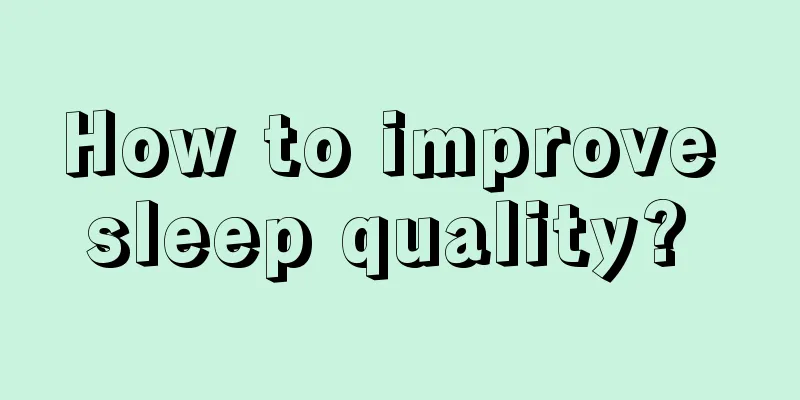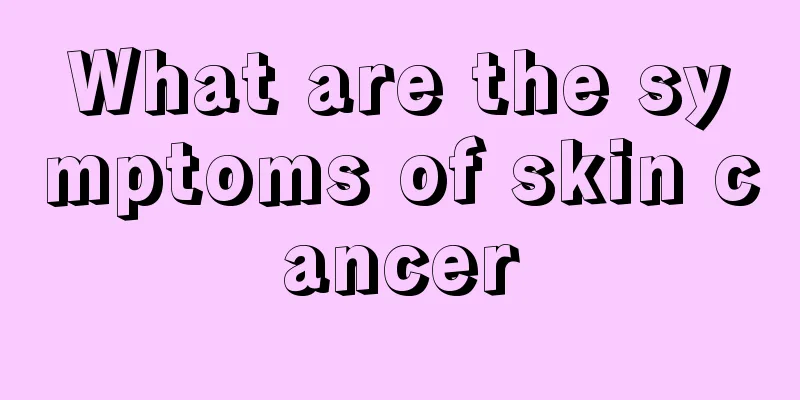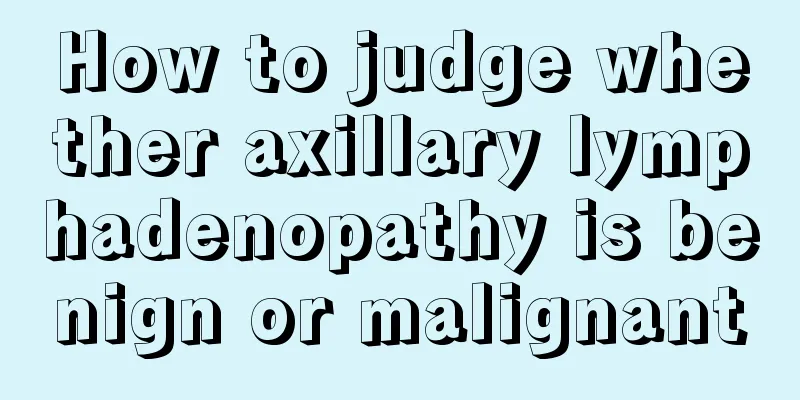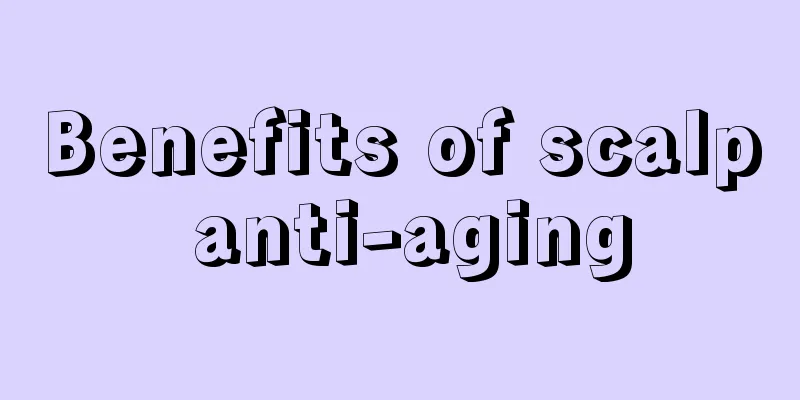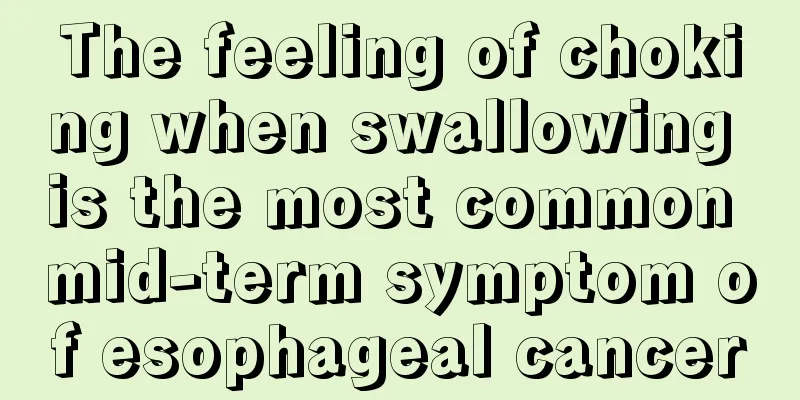What are the symptoms of tongue cancer radiotherapy sequelae

|
Tongue cancer is a type of oral cancer that belongs to the head and neck tumors. There are some important organs and structures in the head and neck, such as teeth, salivary glands, taste buds, inner ear, mandible, etc. When tongue cancer is radiotherapy, it will inevitably cause certain damage to the surrounding normal tissues and organs. After radiotherapy, salivary gland damage can lead to decreased salivary gland secretion and dry mouth in patients with tongue cancer. The taste buds on the tongue can be affected, causing a loss of taste and an inability to taste food. Damage to teeth can lead to radiation-induced caries. Damage to the inner ear can cause hearing loss. Damage to the mandible can lead to mandibular necrosis. And after the neck is irradiated, the skin on the neck can become stiff and movement of the neck can be impaired. Therefore, when making a radiotherapy plan, the surrounding normal tissues and organs should be protected as much as possible, and some preventive work should be done, such as cleaning teeth and removing decayed teeth before radiotherapy, rinsing the mouth more often during radiotherapy, maintaining oral hygiene, and doing some neck movement exercises during and after radiotherapy to avoid the occurrence of these sequelae. |
<<: How to prevent laryngeal cancer
>>: What are the symptoms of late-stage osteosarcoma
Recommend
Experts explain the three most commonly used treatments for gastric cancer
Choosing the right treatment for gastric cancer i...
Nosebleeds may cause nasopharyngeal cancer
Many people think nosebleeds are trivial, but if ...
Is chemotherapy needed after thyroid cancer surgery? What should I pay attention to after thyroid cancer surgery?
In recent years, more and more people are sufferi...
What are the physical therapies for neurological tinnitus?
Neurological tinnitus is a relatively rare sympto...
What are the treatments for fungal otitis media?
Otitis media is a relatively common disease, but ...
How to prevent nasopharyngeal cancer? What are the ingredients for the dietary treatment of nasopharyngeal cancer?
How to prevent nasopharyngeal cancer? What are th...
I feel thirsty no matter how much water I drink
When people are thirsty, drinking a glass of wate...
How to prevent recurrence of cervical cancer stage 2a
How to prevent recurrence of cervical cancer stag...
What are the early symptoms of pancreatic cancer
Pancreatic cancer is one of the most common malig...
The efficacy and function of burning moxa sticks
Moxa sticks have been very popular since ancient ...
The dangers of long-term chewing gum
In our daily life, many people like to chew gum, ...
Are blisters caused by eczema? How to prevent and treat it?
Blistering eczema is the most common type of skin...
What is the fastest way to remove acne scars?
Removing acne and acne scars are two of the bigge...
What's wrong with my calves?
In people's daily lives, many people experien...
Is there any scientific basis for low carbohydrates to prevent colorectal cancer?
Is there any scientific basis for low carbohydrat...
